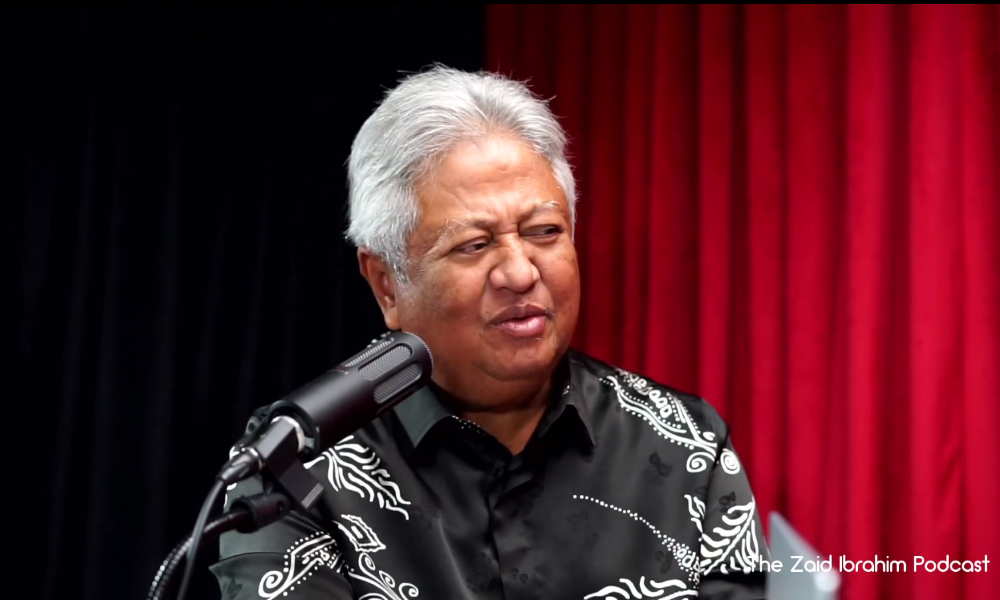Bangi MP Syahredzan Johan has criticised former law minister Zaid Ibrahim for misinterpreting the Federal Territories Mufti Bill and incorrectly claiming that the bill would result in binding fatwas nationwide.
He clarified that similar provisions exist in individual states and that the bill only applies to the Federal Territories.
“The provision relating to a fatwa in the mufti bill is not novel. Many provisions in state enactment relating to mufti’s fatwa bind Muslims,” the DAP leader posted on X today.
Earlier, Zaid had spoken out against the bill, claiming it was a clear example of authoritarian governance under the Madani administration.
He warned that once passed, the bill would allow muftis to wield significant influence across the entire federation.
Threat to personal freedom
According to Zaid, if the Federal Territories mufti were to issue a fatwa declaring tobacco haram or requiring Muslims to only eat at restaurants displaying a Halal certificate, these fatwas would become legally binding in the Federal Territories.
He questioned whether personal freedoms would still exist under such regulations, using the example of dining at non-Halal certified establishments like a sushi or oyster bar, which could become an offence.
He expressed concern that constitutional rights such as choosing where to eat could be diminished under Madani rule.
Syahredzan said Zaid might not be aware of the Syariah Criminal Offences (Federal Territories) Act 1997, which addresses offences against the order of a mufti issued through a fatwa in the Federal Territories.
“This provision is also similar to a lot of state enactment. Yet despite this, we are not a country ‘ruled by muftis’ as he described,” the lawmaker lamented.

Syahredzan also explained that issuing a fatwa involves the Fatwa Committee and the Yang di-Pertuan Agong, ensuring checks and balances.
“The process of issuing a fatwa under the bill is also not just based on whims and fancies of the mufti.
“To give the impression that the Malay rulers as heads of Islam have deferred to the mufti is not true at all. Malay rulers have and will continue to have the final say on matters of Islam,” he added.
Be responsible
While acknowledging that the bill has its imperfections, Syahredzan urged Zaid to be more responsible in his statements since he is a former law minister.
“Especially when his statements, despite lacking accuracy, will be carried by the mainstream media,” he added.
On Sept 29, Minister in the Prime Minister’s Department (Religious Affairs) Mohd Na’im Mokhtar announced that the government would proceed with the bill's second and third readings.

Na’im noted that the first reading had already taken place in Parliament during its July session, and no amendments had been made since then.
In July, it was reported that Perlis Mufti Mohd Asri Zainul Abidin was among the bill's most vocal critics. He urged Putrajaya to reflect the diversity of the public and the Islamic faith.
Perlis ruler Tuanku Syed Sirajuddin Putra Jamalullail expressed concern over the bill’s “narrow definition” and clarified that he did not consent to the Conference of Rulers being cited as endorsing it. - Mkini




No comments:
Post a Comment
Note: Only a member of this blog may post a comment.